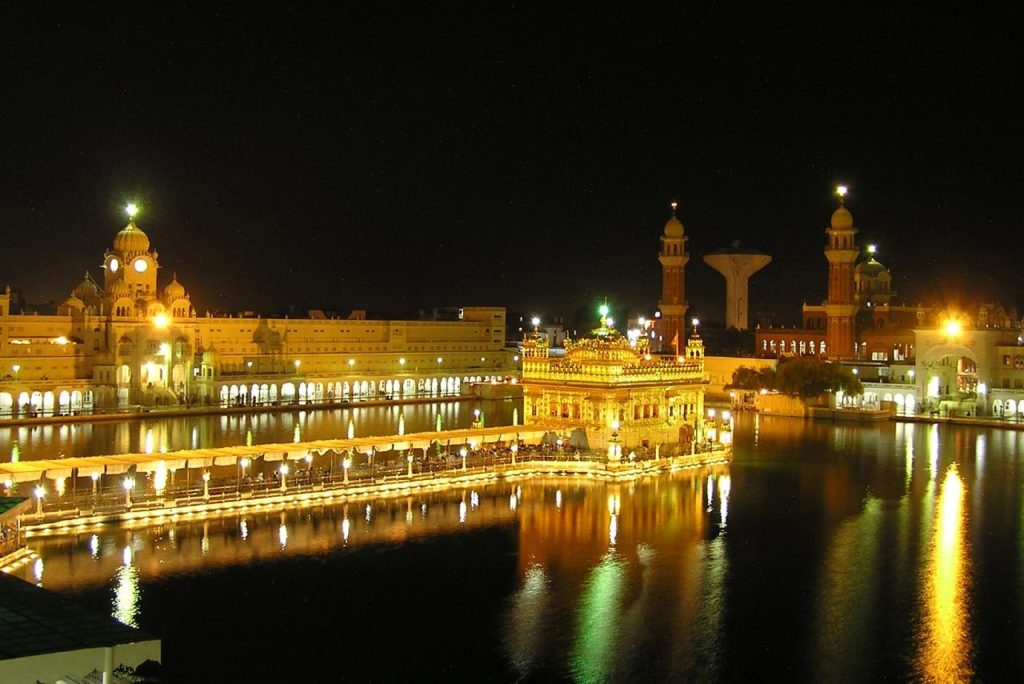Welcome to Punjab Tourism Page
Geographical and Historical Background:
- Location: Punjab, which means “Land of Five Rivers,” is bordered by the Indian states of Haryana, Himachal Pradesh, and Rajasthan, as well as the country of Pakistan to the west.
- Formation: The state was formed in 1966 when the Indian state of Punjab was divided into three parts, with the larger portion becoming the modern Punjab, and the other two parts becoming the states of Haryana and Himachal Pradesh.
- History: Punjab has a storied past, being home to some of the oldest civilizations in the Indian subcontinent. It has witnessed the rise and fall of numerous empires, including the Indus Valley Civilization, the Maurya Empire, the Gupta Empire, and the Sikh Empire.
Culture and Heritage:
- Sikhism: Punjab is the spiritual and cultural homeland of Sikhism, one of the major religions of India. The Golden Temple in Amritsar, the holiest shrine of Sikhism, attracts millions of visitors from around the world.
- Bhangra and Giddha: Punjab is famous for its lively folk dances, such as Bhangra performed by men and Giddha performed by women, which are integral parts of Punjabi festivals and celebrations.
- Cuisine: Punjabi cuisine is known for its rich and flavorful dishes, including staples like butter chicken, sarson da saag (mustard greens), and makki di roti (corn bread).
Economy:
- Agriculture: Punjab is often referred to as the “Granary of India” due to its fertile soil and extensive agricultural production. Wheat and rice are the primary crops grown here, making it a significant contributor to India’s food security.
- Industry: Alongside agriculture, Punjab has a growing industrial sector, particularly in manufacturing, textiles, and sports goods. Ludhiana is known as the “Manchester of India” due to its textile industry.
Education and Development:
- Education: Punjab has a well-developed education system with numerous universities, colleges, and technical institutions. Punjabi University in Patiala and Punjab Agricultural University in Ludhiana are among the prominent educational institutions in the state.
- Infrastructure: The state has made significant strides in infrastructure development, including roadways, railways, and airports, which have facilitated trade and commerce.
Challenges:
- Water Management: Despite its agricultural success, Punjab faces challenges related to water scarcity and overexploitation of groundwater resources, leading to concerns about sustainability.
- Drug Abuse: The state has struggled with drug abuse issues, particularly among its youth, posing a significant social and health challenge.
Future Prospects:
- Diversification: There’s a growing recognition of the need to diversify Punjab’s economy beyond agriculture and traditional industries, with a focus on sectors like information technology, biotechnology, and renewable energy.
- Sustainable Development: Efforts are being made to address environmental concerns and promote sustainable agricultural practices to ensure the long-term prosperity of the state.
Punjab continues to evolve, blending its rich cultural heritage with modern aspirations, making it a dynamic and significant part of India’s tapestry.


